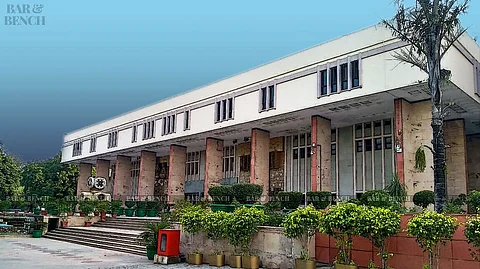
- News
- Columns
- Interviews
- Law Firms
- Apprentice Lawyer
- Legal Jobs
- हिंदी
- ಕನ್ನಡ

The Delhi High Court has held that existence of a tortious claim for exemplary damages would not be a ground to permit any party to wriggle out of an arbitration clause in a contract.